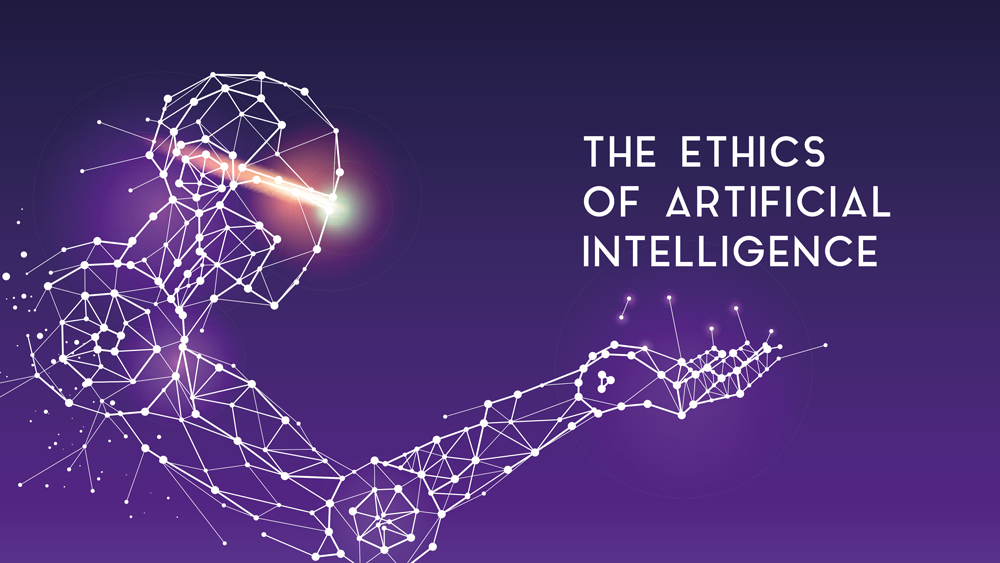In the ever-evolving landscape of technology, Artificial Intelligence (AI) stands as both a beacon of innovation and a source of ethical dilemma. As society increasingly integrates AI into various facets of life, the importance of ethical AI practices cannot be overstated. Let’s delve into the realm of Ethical AI and explore its significance in shaping a future grounded in trust and responsibility.
Ethical AI refers to the development and deployment of artificial intelligence systems that prioritize fairness, transparency, accountability, and societal benefit. It encompasses a range of principles and practices aimed at ensuring that AI technologies serve humanity while mitigating potential harms.
One of the cornerstones of Ethical AI is transparency. This entails making AI systems understandable and explainable to users and stakeholders. By fostering transparency, developers and organizations can build trust and accountability, allowing for scrutiny and oversight of AI algorithms and decision-making processes.
Addressing biases in AI algorithms is essential to ensuring fairness and equity in decision-making. Ethical AI frameworks emphasize the need to identify and mitigate biases, whether they stem from biased training data or algorithmic design. By actively striving for fairness, AI systems can better serve diverse populations and minimize discriminatory outcomes.
Respecting user privacy and safeguarding personal data are paramount in Ethical AI. Adhering to robust data protection measures, such as anonymization and encryption, helps mitigate privacy risks associated with AI applications. Additionally, obtaining informed consent and providing users with control over their data empowers individuals and upholds their rights.
Ethical AI extends beyond technical considerations to encompass broader societal impacts. Developers and organizations have a responsibility to consider the potential ramifications of AI technologies on individuals, communities, and society as a whole. This entails engaging with stakeholders, including ethicists, policymakers, and affected communities, to assess risks and prioritize societal benefit.

As we navigate the complexities of Ethical AI, collaboration and collective action are essential. Governments, industry leaders, academia, and civil society must work together to establish standards, guidelines, and regulatory frameworks that promote the responsible development and deployment of AI technologies. Furthermore, ongoing research and education are vital to advancing our understanding of ethical AI principles and best practices.
In future Ethical AI holds the key to unlocking the full potential of artificial intelligence while safeguarding against its unintended consequences. By prioritizing transparency, fairness, privacy, and societal impact, we can cultivate trust in AI technologies and pave the way for a future where innovation is synonymous with integrity and responsibility.






